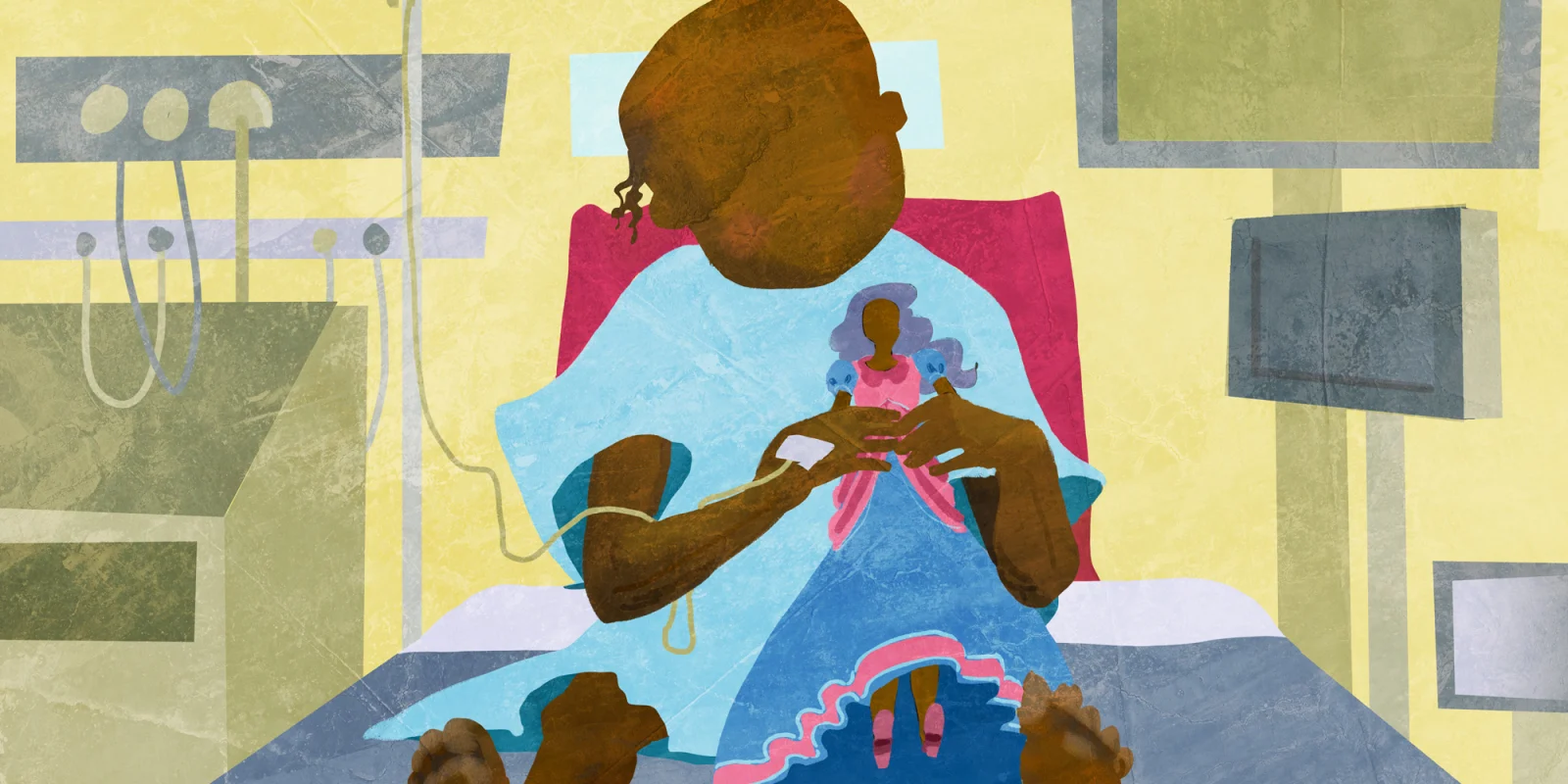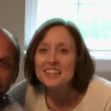 I knew that I wanted to be a pediatrician from a young age, but it was not until I was in college and started volunteering on the Hematology/Oncology ward of a children’s hospital that I was convinced that I had found my calling. These kids were phenomenal. They had been through so much but continued to smile, to laugh, to play. They appreciated life, and the small things gave them hope, purpose, and joy. Of course, I saw them in the evening, long after the doctors were gone and their treatments were over, but I was convinced that I wanted nothing more than to be able to help these special kids.
I knew that I wanted to be a pediatrician from a young age, but it was not until I was in college and started volunteering on the Hematology/Oncology ward of a children’s hospital that I was convinced that I had found my calling. These kids were phenomenal. They had been through so much but continued to smile, to laugh, to play. They appreciated life, and the small things gave them hope, purpose, and joy. Of course, I saw them in the evening, long after the doctors were gone and their treatments were over, but I was convinced that I wanted nothing more than to be able to help these special kids.
The time finally came as a fourth-year medical student when I could choose my electives. I picked Pediatric Heme/Onc as one of my first rotations only to confirm that I could handle this intense field. (I was not completely unrealistic thinking that doing arts and crafts and playing board games and puzzles with these patients would be the same as taking care of them medically.) My first day went well. I spent most of the day in the outpatient clinic. It was great. I saw all ages of patients in various stages of treatment and recovery. There was a whole team of people who attended each patient and the doctors seemed to spend a lot of time talking to each one. They really seemed to know not only the patients but the families as well. They addressed more than their physical needs too, taking special consideration of their mental health, their sleeping and eating patterns, and their school or work progress.
The second day was inpatient. The day started early and I was ready! After lengthy sit-down rounds with the doctor and the nurses, there were walking rounds. Then there was charting. In fact, by the time the final dictations were complete, it was lunchtime. I thought, at least the morning had flown by!
The afternoon was definitely more grueling. First on the agenda was a meeting with the parents of a newly diagnosed infant patient with leukemia. There were at least 10 people in the room talking about her treatment option (yes, they only presented one), her prognosis, the expected side effects, and of course, what it was all going to cost. They did assure the parents that they would write the appropriate letters to the insurance company to try and get it covered even though it was considered experimental, because all cancer treatments in children (at that time) were experimental. Despite the fact that I barely contained my emotions as the parents went from crying to sobbing, I thought this was something that I could eventually learn to handle and was not deterred just yet!
This meeting was followed soon after by a bone marrow biopsy of a teenage girl with leukemia. They did the procedure under conscious sedation, but because she was already on such high doses of pain medications, she really had no sedation at all. Unfortunately, the doctor did not realize this until he had already started the procedure and she screamed the whole time while he kept reassuring her it was almost over. In fact, it probably would have been almost over, but in the midst of the procedure, the doctor stopped so I could try inserting the biopsy needle into her iliac crest. I tried to decline stating that the nurses holding her down really did not need a longer workout, not to mention that the patient did not need any further delays. He insisted, so I did try, but no matter how many stools they gave me to get me high enough to put all my weight into it, I could not get it through the bone. The doctor finished and I left the room physically and mentally exhausted.
The rest of the rotation is all a blur because, at that point, I was thoroughly convinced that Primary Care was indeed my calling. When I look back, I realize that what drew me to those kids on the cancer ward was not their diagnosis, but the fact that they were trying to be kids despite their circumstances. In Primary Care, I get to see this every day, whether it is a child with an asthma exacerbation who still wants to explore the room despite his shortness of breath, or the baby with eczema who is scratching but smiling at me, or even an otherwise healthy child with a raging fever who still finds delight in the tongue depressor I hand her to play with. The resilience of children never ceases to amaze me!
Once more, Primary Care offers all the great interactions I witnessed my first day in the outpatient Heme/Onc clinic and more. I get to know my patients and their families, and because I usually see the siblings as well, I get great insight into family dynamics, personalities, and support systems. I have also learned that treating the whole patient is not unique to Heme/Onc. In fact, in Pediatrics, I spend more time talking about sleep (or lack thereof) and eating than I care to at times. A stomach ache is never just a stomach ache until you have asked about school, friends, and changes in the family!
I do not regret choosing Primary Care as my “specialty.” I am grateful and truly appreciate that there are specialists who care for my patients with chronic conditions or acute illnesses outside of my expertise. While I have never cured cancer, I definitely have diagnosed it and have, on occasion, openly shed tears with my families as they have endured it. No, I do not cure their cancer, but yes, I do get to celebrate their remissions and be a part of their wellness as they grow up, and in my mind, there is no greater reward!
Illustration by Jennifer Bogartz







